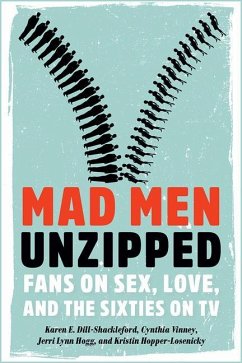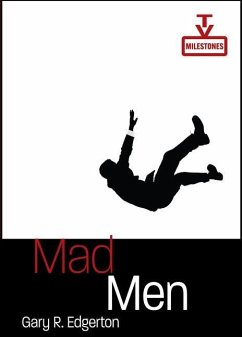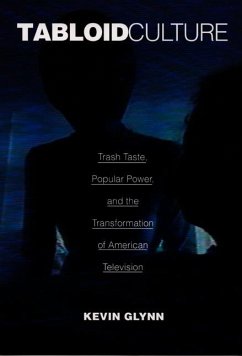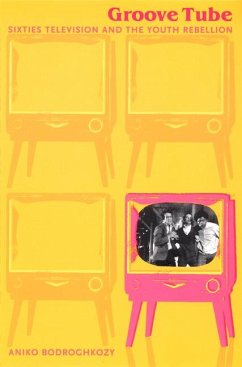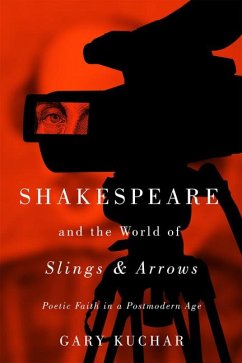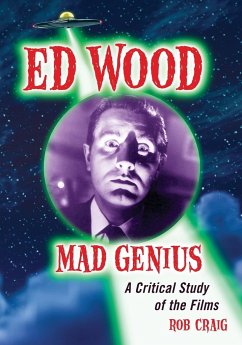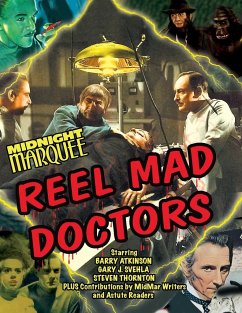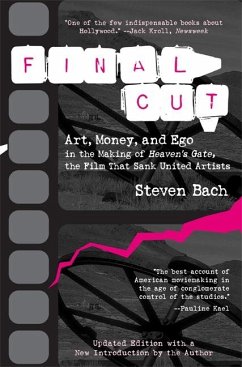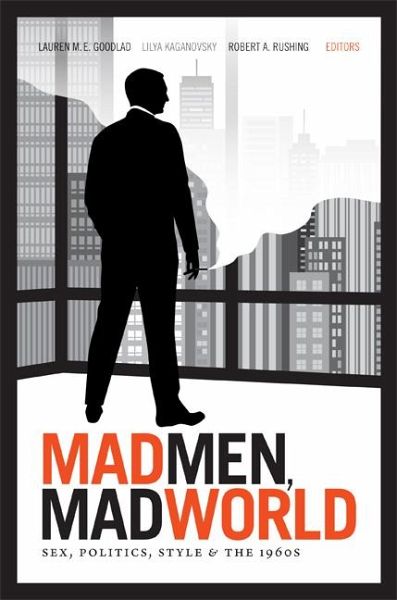
Mad Men, Mad World
Sex, Politics, Style, and the 1960s
Herausgeber: Goodlad, Lauren M E
Versandkostenfrei!
Versandfertig in über 4 Wochen
38,99 €
inkl. MwSt.
Weitere Ausgaben:

PAYBACK Punkte
19 °P sammeln!
Since the show's debut in 2007, Mad Men has invited viewers to immerse themselves in the lush period settings, ruthless Madison Avenue advertising culture, and arresting characters at the center of its 1960s fictional world. Mad Men, Mad World is a comprehensive analysis of this groundbreaking TV series. Scholars from across the humanities consider the AMC drama from a fascinating array of perspectives, including fashion, history, architecture, civil rights, feminism, consumerism, art, cinema, and the serial format, as well as through theoretical frames such as critical race theory, gender, qu...
Since the show's debut in 2007, Mad Men has invited viewers to immerse themselves in the lush period settings, ruthless Madison Avenue advertising culture, and arresting characters at the center of its 1960s fictional world. Mad Men, Mad World is a comprehensive analysis of this groundbreaking TV series. Scholars from across the humanities consider the AMC drama from a fascinating array of perspectives, including fashion, history, architecture, civil rights, feminism, consumerism, art, cinema, and the serial format, as well as through theoretical frames such as critical race theory, gender, queer theory, global studies, and psychoanalysis. In the introduction, the editors explore the show's popularity; its controversial representations of race, class, and gender; its powerful influence on aesthetics and style; and its unique use of period historicism and advertising as a way of speaking to our neoliberal moment. Mad Men, Mad World also includes an interview with Phil Abraham, an award-winning Mad Men director and cinematographer. Taken together, the essays demonstrate that understanding Mad Men means engaging the show not only as a reflection of the 1960s but also as a commentary on the present day. Contributors. Michael BÉrubÉ, Alexander Doty, Lauren M. E. Goodlad, Jim Hansen, Dianne Harris, Lynne Joyrich, Lilya Kaganovsky, Clarence Lang, Caroline Levine, Kent Ono, Dana Polan, Leslie Reagan, Mabel Rosenheck, Robert A. Rushing, Irene Small, Michael Szalay, Jeremy Varon




